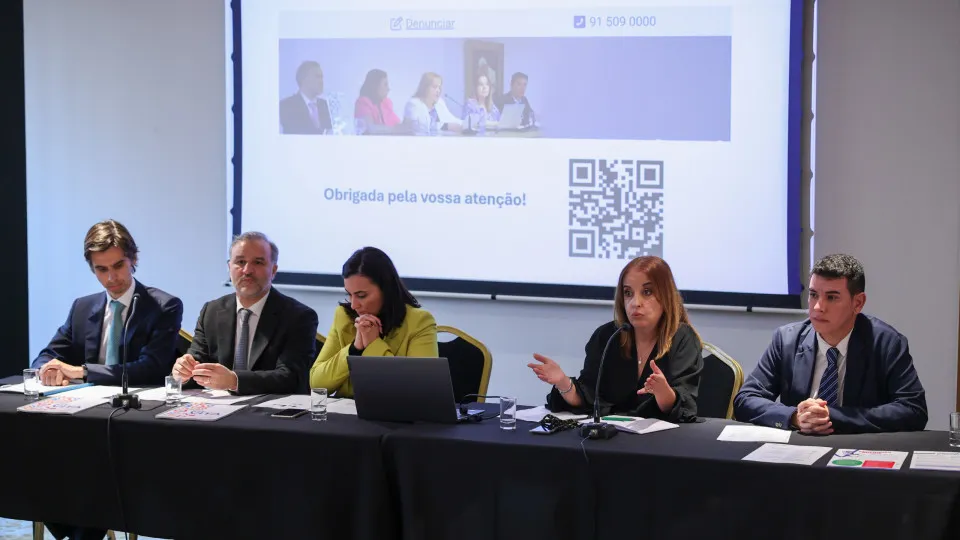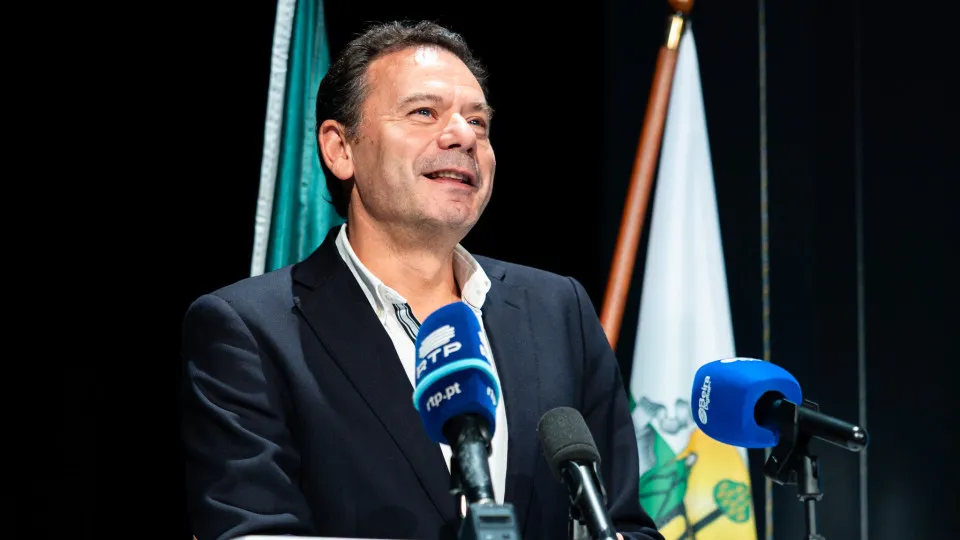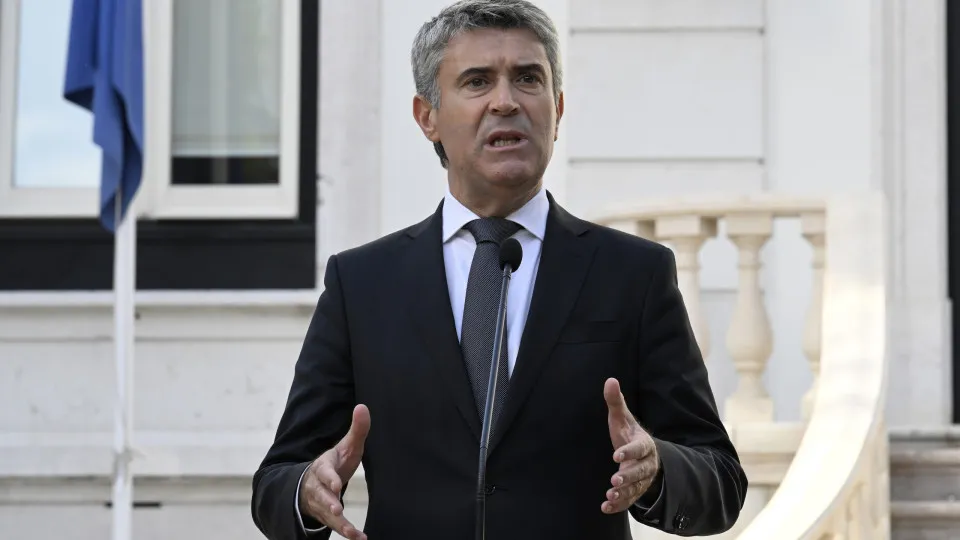
During a press conference in front of the Portuguese Parliament, António Grosso criticized the opacity surrounding the investigation of crimes, the “intimidation and intrusion” conditions of interviews with victims, and held the state accountable for the lack of support for minors. He condemned the existence of statutory limitations for sexual abuse crimes.
“What is most condemning is the revictimization; we entered those interviews with only the clothes on our backs, it was forbidden to bring a mobile phone or paper and pen, leaving us unable to take notes of anything we said, while they took note of everything,” said António Grosso, expressing regret that many individuals were forced to relive past traumas.
“There were very abusive questions, especially for female victims,” he stated, considering that during the interviews, individuals were “pressed and squeezed to test the veracity” between what happened and what was being recounted during the church commission’s evaluation of victim narratives.
From January to July, the spokesperson for the association criticized, “there was a revictimization process by the group Vita and instruction commissions, stressing the word instruction, as if we were defendants in a case, while abusers are left undisturbed, and we are called a second, third, and fourth time to a commission that interviews us for two, three, four, eight hours over two days, scrutinizing every detail of our lives.”
Beyond criticizing the intrusive nature of these interviews, António Grosso also denounced the fact that the Portuguese legal system still maintains the statute of limitations for these crimes.
“The Church, in its regulations for financial compensation, due to our strong pressure, has abandoned the statute of limitations figure, but the trauma does not expire, and the suffering continues,” he emphasized, suggesting the state should follow this example.
“The law states that after a certain moment, abusers can be absolved; this is an affront, a provocation, it is absurd and ridiculous because when the victim finally breaks the silence and accuses the abuser, the abuser is already blessed by the law, their crime has already expired, which makes no sense at all,” he remarked, noting that many victims take decades before they can speak about this issue.
This protest in Lisbon comes a day after the Portuguese Episcopal Conference announced that it has validated 77 out of 84 financial compensation requests received so far, and that the compensation committee will be operational later this month.




